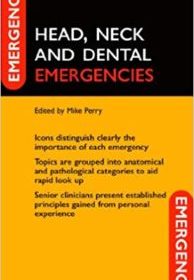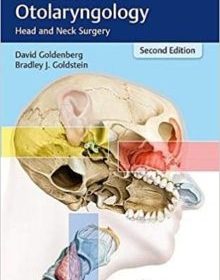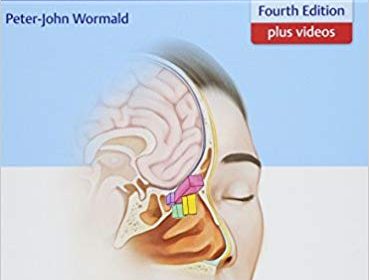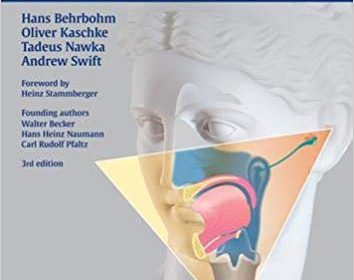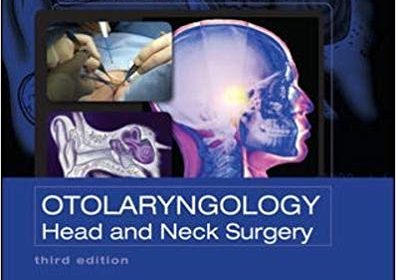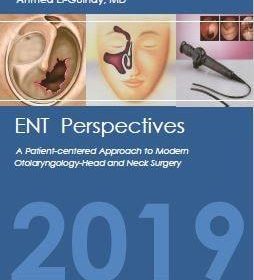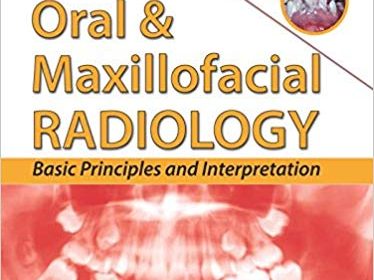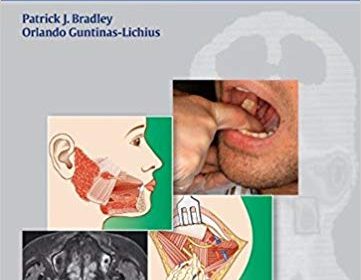Otolaryngology Cases: The University of Cincinnati Clinical Portfolio 2nd Edition
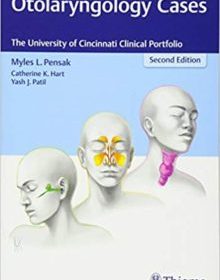
Otolaryngology Cases: The University of Cincinnati Clinical Portfolio 2nd Edition
In the tradition of the acclaimed first edition, experts from the University of Cincinnati’s Department of Otolaryngology-Head and Neck Surgery present new case reviews. Every chapter presents patient-based scenarios to prepare practitioners for ENT cases they will encounter during rounds, rotations, and patient exams. By establishing a uniform algorithm in obtaining and utilizing discreet points of data, the authors encourage a disciplined approach to patient assessment and management options.
Sections organized by anatomy and subspecialty enhance the ability to learn and retain knowledge. For example, benign and malignant pathologies are systematically detailed in anatomical sections dedicated to the neurovascular structures, oral cavity and pharynx, larynx, thyroid, salivary gland, and skin. The text covers the full age continuum – including congenital, acquired, benign, and malignant disorders such as pediatric subglottic stenosis and facial, head, and neck cancers that primarily affect adults.
Key Highlights
- Presentation of 100 practical cases including history, differential diagnoses, test interpretations, definitive diagnoses, medical and surgical management, rehabilitation, and follow-up.
- Up-to-date coverage of every major ENT specialty: otology and neurotology, the skull base, rhinology, laryngology, head and neck cancer, sleep disorders, pediatric otolaryngology, trauma, and facial plastic and reconstructive surgery.
- Nearly 150 meticulous color photographs and graphics elucidate disease characteristics and clinical findings
- Chapter bibliographies with current literature sources augment case reviews.
- Multiple-choice questions serve as a robust study tool, optimizing knowledge acquisition and retention.
This must-have resource enables otolaryngology residents and practitioners to learn from case studies and incorporate state-of-the-art techniques into daily practice, thereby optimizing patient care.

